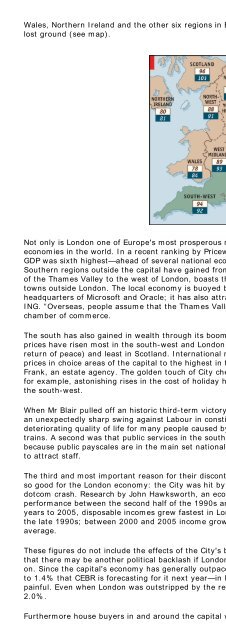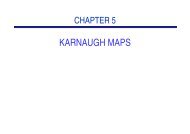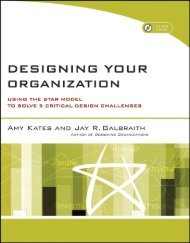The Economist December 1st 2007 - Online Public Access Catalog
The Economist December 1st 2007 - Online Public Access Catalog
The Economist December 1st 2007 - Online Public Access Catalog
- No tags were found...
Create successful ePaper yourself
Turn your PDF publications into a flip-book with our unique Google optimized e-Paper software.
Wales, Northern Ireland and the other six regions in England (essentially the Midlands and the north) alllost ground (see map).Not only is London one of Europe's most prosperous regions, but also it is one of the biggest cityeconomies in the world. In a recent ranking by PricewaterhouseCoopers (PWC), an accountancy firm, itsGDP was sixth highest—ahead of several national economies, including Sweden's and Switzerland's.Southern regions outside the capital have gained from its dynamism. For example, Reading, in the heartof the Thames Valley to the west of London, boasts the highest income per person among the 55 biggesttowns outside London. <strong>The</strong> local economy is buoyed by a thriving IT sector including the Britishheadquarters of Microsoft and Oracle; it has also attracted big financial companies such as Prudential andING. “Overseas, people assume that the Thames Valley is London,” argues Christina Howell of the localchamber of commerce.<strong>The</strong> south has also gained in wealth through its booming housing market. Over the past decade houseprices have risen most in the south-west and London (after Northern Ireland, a special case thanks to thereturn of peace) and least in Scotland. International money and big City bonuses have pushed up propertyprices in choice areas of the capital to the highest in the world, according to a recent study by KnightFrank, an estate agency. <strong>The</strong> golden touch of City chequebooks has extended far beyond London, causing,for example, astonishing rises in the cost of holiday homes in favoured resorts on the coast of Cornwall inthe south-west.When Mr Blair pulled off an historic third-term victory in 2005, southern voters were grumpier: there wasan unexpectedly sharp swing against Labour in constituencies around the capital. One reason was thedeteriorating quality of life for many people caused by traffic congestion and overcrowding on commutertrains. A second was that public services in the south face greater strains than in the rest of Britainbecause public payscales are in the main set nationally, and London's higher cost of living makes it hardto attract staff.<strong>The</strong> third and most important reason for their discontent was that the early years of this century were notso good for the London economy: the City was hit by the downturn in international finance after thedotcom crash. Research by John Hawksworth, an economist at PWC, has unveiled a stark difference inperformance between the second half of the 1990s and the first half of the current decade. Over the tenyears to 2005, disposable incomes grew fastest in London. But that was because the capital did so well inthe late 1990s; between 2000 and 2005 income growth in London trailed a bit behind the nationalaverage.<strong>The</strong>se figures do not include the effects of the City's boom in the past couple of years. But they suggestthat there may be another political backlash if London now suffers as the economic brakes are slammedon. Since the capital's economy has generally outpaced GDP growth over the past decade, the slowdownto 1.4% that CEBR is forecasting for it next year—in line with the economy as a whole—will be especiallypainful. Even when London was outstripped by the rest of Britain in 2001, it still managed to expand by2.0%.Furthermore house buyers in and around the capital will be pummelled by rising mortgage costs arising
















